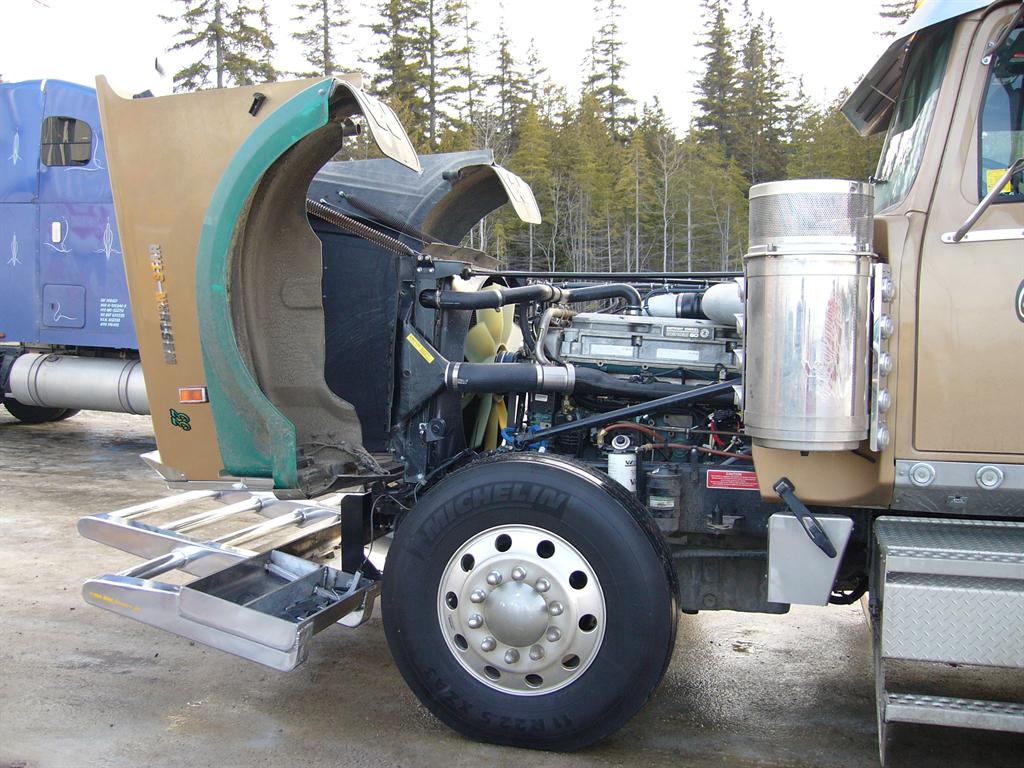How to Boost Cetane in Diesel
You have a diesel engine and it just doesn’t seem to be running right. Maybe it’s a little rough. It could be noisier than usual. It doesn’t seem to...
Having the right cetane value in your diesel fuel can be the difference between a good driving experience and a poor one. But even some of the best mechanics don't know everything they need to know about what it does in diesel fuel. Misconceptions persist about what cetane value in diesel means, what it does, and what happens when you try to improve it.
Diesel users often equate the cetane rating in diesel fuel with the octane rating of gasoline. Conceptually, that's not a bad comparison. Both of them can give you a general indication of the combustion qualities of the fuel.
The first fact to consider is that "cetane" and "octane" aren't chemicals that you add to the fuel. You may hear a mechanic talk about "adding cetane to the fuel". What they mean is they want to add a chemical to the fuel that raises the fuel's cetane rating - improves the fuel's performance on the cetane index, the measurement scale that reflects the combustibility of the fuel.
In terms of the comparison between cetane and octane, while they both indicate "combustibility", they work in opposite fashions. A better cetane rating in diesel means the fuel ignites faster in the cylinder - an important feature to better functioning in a diesel engine. In contrast, a better octane rating in gasoline means that gas ignites more slowly - which is why a better octane rating in gasoline is necessary to prevent preignition (where the gas ignites too quickly).
When a mechanic talks about adding cetane, this implies there are chemicals that you can add to diesel fuel that raise its cetane rating. That is true since a fuel's cetane rating is the average of the cetane ratings of everything that's in the fuel.
How do these cetane improvers work? It's pretty simple and pretty legitimate (unlike those fuel magnets that give you better mileage by realigning your fuel molecules). The most common cetane improvement chemicals are all extremely combustible at the high temperatures found in the combustion chamber. If they're present in the fuel, they start burning more quickly than the rest of the fuel. And if one part of the fuel starts burning, it causes the rest of it to join in. Thus, a diesel cetane improver makes the overall fuel blend burn more quickly, and that is why the fuel rates higher on the cetane number test with treatment.
If you hear a diesel fuel being described by its score on the Cetane Number test vs. a Cetane Index test, you should know there's a difference between the two.
A fuel's Cetane Number reflects its performance in a standardized ASTM test involving a specific kind of engine. This is kind of the gold standard - a Cetane Number test is a fully involved test involving a specially calibrated engine, and it will give you the actual result.
Cetane Index, on the other hand, is a calculation that doesn't involve putting the fuel inside a special engine - which means it's faster to do and doesn't cost anywhere near as much. Cetane Index is a calculation based on other properties of the fuel measured in other tests - the fuel's density and its distillation curve. Think of the Cetane Index as a predictor.
The thing to remember is that cetane improver additives don't affect the Cetane Index, but they do raise the Cetane Number. So they do work - you just can't use the cheaper Index test to measure that because Cetane Improvers don't change the fuel density or alter its distillation temperatures.
Just keep in mind that if a cetane product talks about how it will raise performance on the fuel's Cetane Index, it's probably not legitimate and you want to pass that snake oil by.
Both gas engines and diesel engines are designed to work optimally with fuel that has a specific octane or cetane rating. If the rating of the fuel is too low, you get performance issues in both kinds of engines. So if a diesel engine needs 45 cetane fuel, and you can only get 42 cetane, adding a cetane improver will give you real benefit.
But what about if you have the same engine (that needs 45 cetane), and your diesel fuel is already 45 cetane but you want to make it better? You might think that adding more cetane to the fuel will also be good. But that's where the misconception comes in. In both gas and diesel engines, using fuel over what the engine needs isn't going to do anything substantive. There may be some marginal combustibility benefits, but when you pay an extra 20-30 cents a gallon for premium fuel with higher ratings, you're not going for marginal.
So pay attention to what your engine manufacturer recommends, and if you're already getting fuel that meets the requirement, save your money.
You have a diesel engine and it just doesn’t seem to be running right. Maybe it’s a little rough. It could be noisier than usual. It doesn’t seem to...

Last month, the Bell Performance Blog talked about octane value and what it really does in gas-powered engines. Today we turn our attention to diesel...
Today's professional diesel users are aware of the changes to the fuel properties of diesel. The movement to more environmentally-friendly diesel...